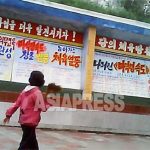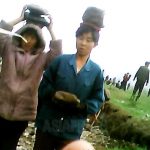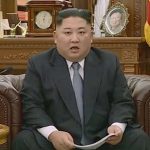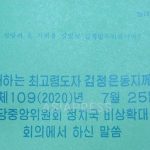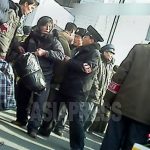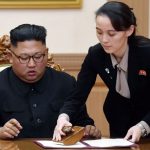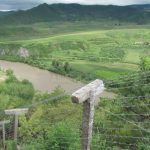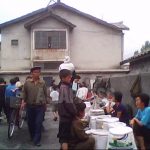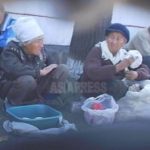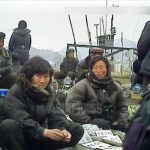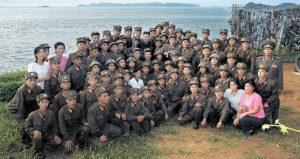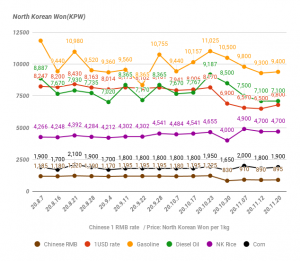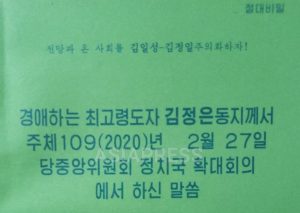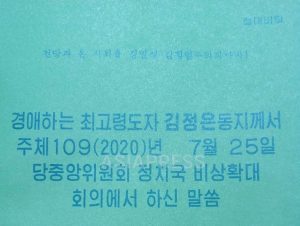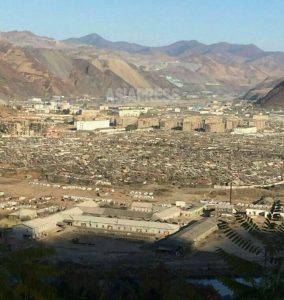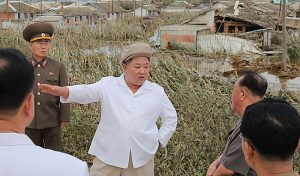ASIAPRESS reporting partners have learned that farmers are refusing official orders to work, saying, “How can we work without food?” ASIAPRESS reporting partner and businesswoman in a Yanggang farming village explained: “Malnutrition is the primary cause of death in farming households comprised of single mothers, the elderly and the sick.”
As the food shortage worsens in rural areas, parasitic practices are becoming more common. For example, loaning out vital foods on the proviso that these will be repaid with interest in the autumn.
Reporting partner ‘B’ described the details of the loan sharking: “People borrow 1kg of corn on the promise of returning 1kg of rice. But it doesn’t work because the shortage of staple foods is so serious. Businesspeople in the open market purchase corn by the ton and lend it to small groups or work cells in collective farms on the condition that, come the harvest, they will get their investment back in rice. Usually farm officials are involved in these schemes, receiving bribes of 250 kg of rice per ton of corn. Farm members are easily trapped into debt as government officials conspire with the businesspeople to exploit desperate rural workers.
Why are farmers going hungry? It is because of exploitation.
The North Korean government introduced a system of small group management in 2013. It allowed farmers the right to personally make use of crop production excesses. However, as the cost for vital farming materials such as fertilizer and everyday necessities like clothes and soap rises, farmers are forced to sell their extra crops at the market. Consequently, by autumn, they have run out of basic foods such as corn and rice. The fundamental problem is that the target set by the state is so high that there remains too little for farmers to subsist on after submitting their allotment. Although they insist that the system was introduced to boost collective farm production, local authorities continue to collect staple foods from farmers, claiming them as provisions for the military and for residents in the capital (Pyongyang). Such excessive collections force farmers into extreme poverty and, in some cases, result in starvation.
Related Article: [Video Report] People under pressure for requisition of military provision
In 2011, North and South Hwanghae Province, the grain belt of North Korea, experienced a poor harvest due to flooding. Regardless of the difficulties that residents were faced with during this period, the regime collected the same volume of grain that year as every other year. The state’s apparent disregard for locals’ desperate conditions resulted in an unknown number of farmers starving to death the following spring.
【Related article】
◆ <Photo Report on N.Korea> China Controls North Korean Economy (1) Hard To Survive If China Places Sanctions on DPRK
◆ <Inside N.Korea> Defense Drill For Cruise Missile Attack: Soldiers Suffer From Malnutrition, Tuberculosis and Chaos
◆ [Video Report] ‘Doegurikun’ the urban poor who delivers grains from farms to market
 * Editor’s notes on North Korean reporters
* Editor’s notes on North Korean reporters
ALL REPORTS >>>
ARCHIVE(pdf) >>
DPRK MAP >>
